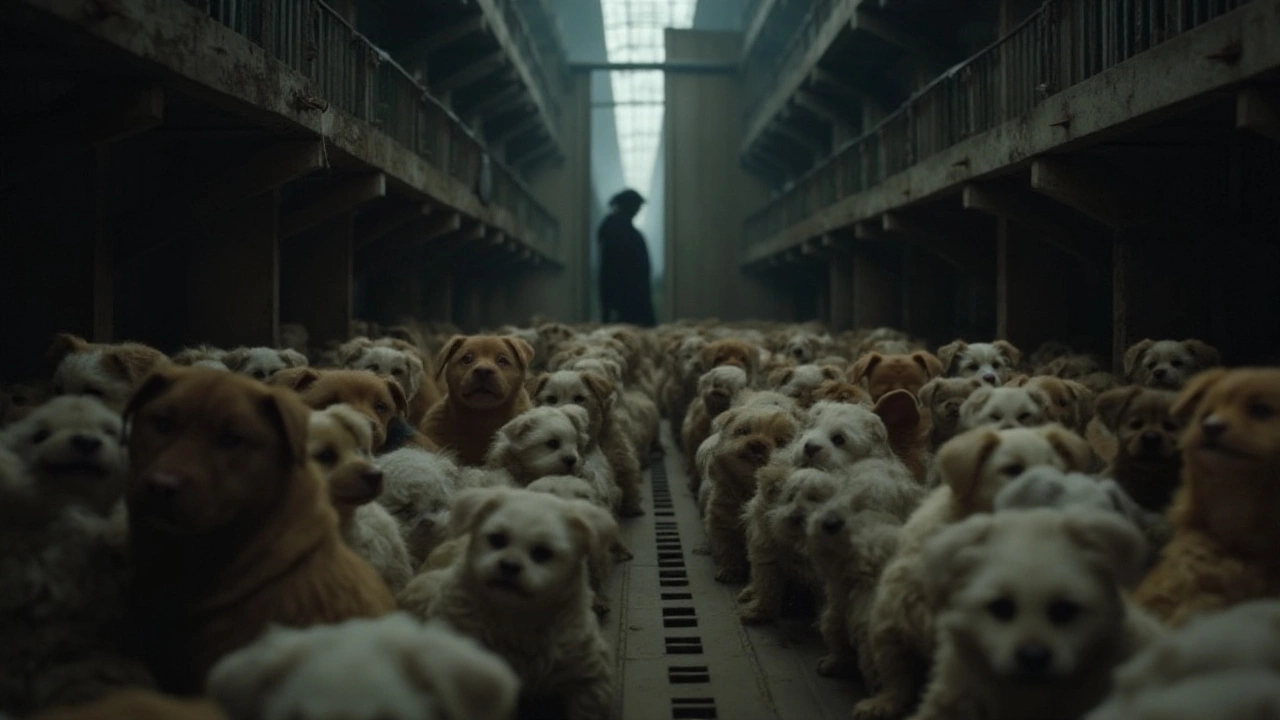Puppy Mills – Why They Matter and How to Keep Your Dog Safe
If you’re thinking about getting a new dog, you’ve probably heard the term “puppy mill.” It’s a phrase that scares a lot of people, and for good reason. Puppy mills are places where dogs are bred just to make money, not to give pups a good life. The result is unhealthy, scared puppies that need extra care. Knowing the signs can save you money, heartache, and help stop the cycle.
What Is a Puppy Mill?
A puppy mill is a commercial breeding operation that focuses on quantity over quality. Dogs are kept in cramped cages, given little vet care, and forced to breed over and over. The puppies often have health problems like infections, genetic issues, or behavior troubles because their parents were never screened or cared for properly.
Because the goal is profit, mill owners cut corners. They may hide the breeding site, sell puppies online, or claim the dogs are from reputable breeders. The puppies look cute in pictures, but the conditions behind the scenes are far from safe.
How to Spot and Avoid Puppy Mills
First, look for a real place to meet the puppy and its parents. If a seller refuses a visit or only offers pictures, that’s a red flag. Healthy breeders let you see where the dogs live and introduce you to the mother. The mother’s living area should be clean, spacious, and have proper shelter.
Second, ask about health checks. A responsible breeder will have vaccination records, a vet’s health certificate, and will have screened for common genetic problems. If they can’t provide paperwork, walk away.
Third, check the price. While a purebred pup can be pricey, extremely low prices are often a sign of a mill. Quality breeding costs money – you’re paying for health checks, proper food, and socialisation.
Fourth, research the breeder’s reputation. Look for reviews, ask local vets, and check with breed clubs. Many clubs keep lists of approved breeders and will warn you about known mills.
Finally, consider adoption. Shelters and rescue groups often have puppies and adult dogs who need homes. They usually provide health information and have already been cared for. Adopting not only saves a life but also helps reduce demand for mill puppies.
When you bring a new puppy home, give it time to adjust. Even if you’ve avoided a mill, a young dog may still need extra vet visits, vaccinations, and gentle training. A solid routine, balanced diet, and plenty of love will set the pup up for a happy life.
Remember, the fight against puppy mills starts with each buyer. By asking the right questions, visiting the breeding site, and choosing reputable sources, you can protect your future dog and help end the cruel practices of mills. Keep these tips in mind, and you’ll find a healthy, happy companion that will love you for years to come.

